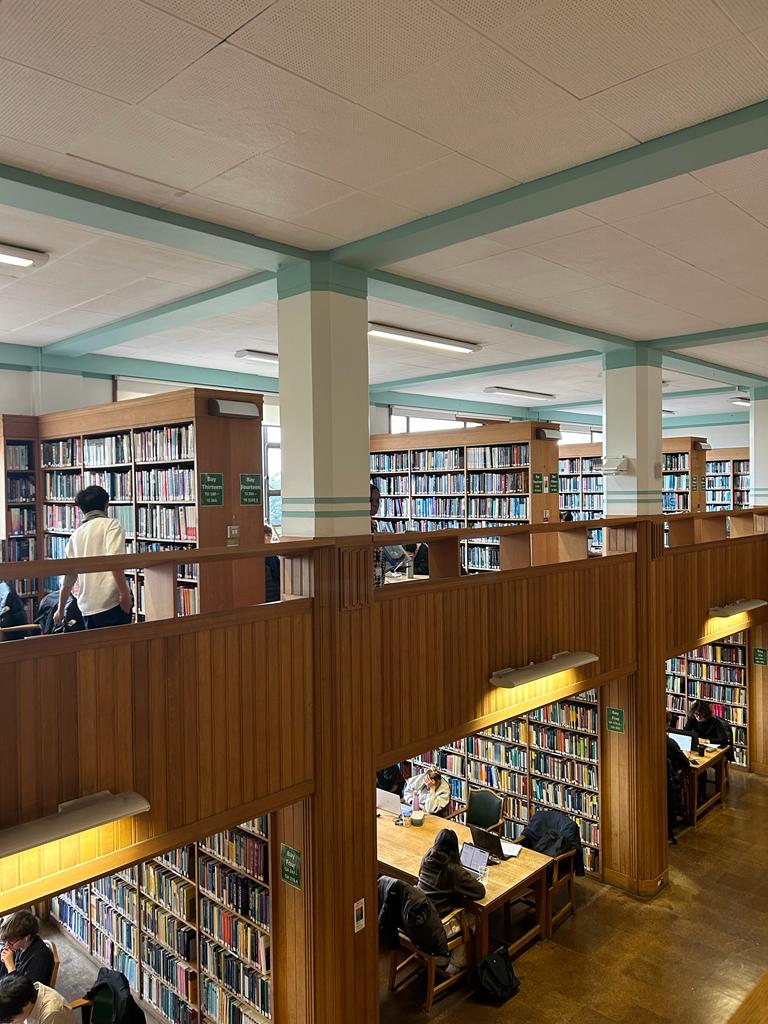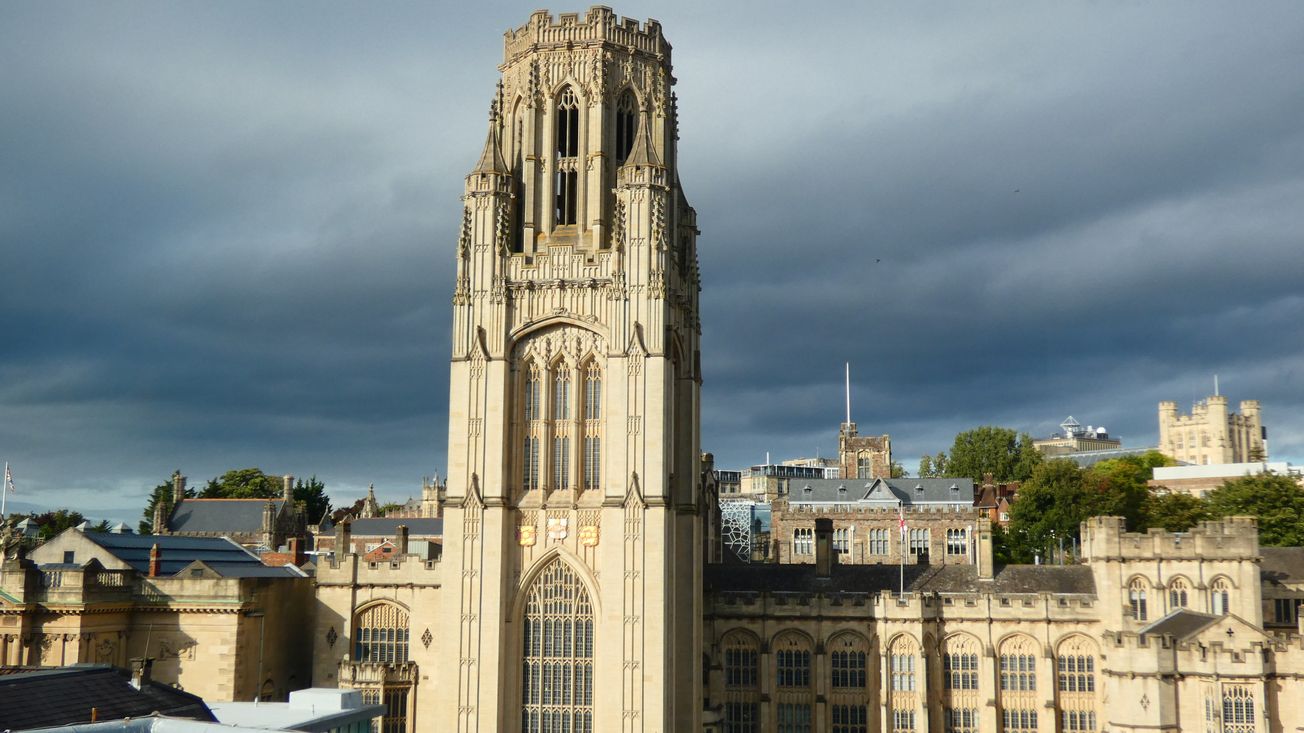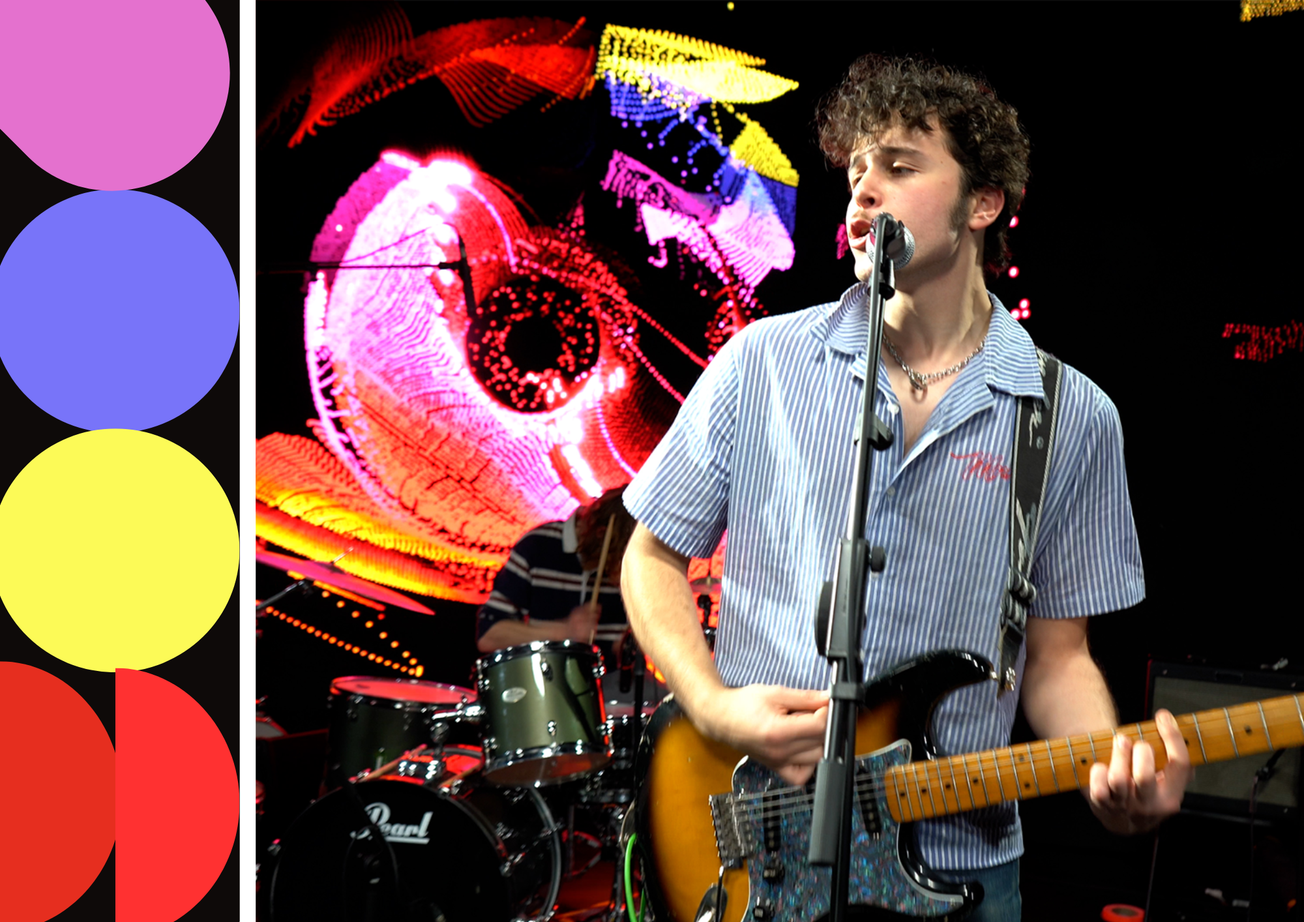By Annie McNamee, Features Digital Editor
Rishi Sunak is a tough Prime Minister. At least, that’s how he’d like to come across. He’s tough on migration, tough on crime, and now, tough on education.
In July, the PM announced that he and his government planned to crack down on ‘rip-off’ degrees, imposing caps on how many students can study certain subjects at certain universities. The new system is ‘Right for students, right for the taxpayer, and will ultimately build a better education system,’ according to Sunak. He doubled down on his support at the recent Tory party conference.
Education minister Gillian Keegan argued in a press release that this change will ultimately benefit young people. ‘These new measures will crack down on higher education providers that continue to offer poor quality courses and send a clear signal that we will not allow students to be sold a false promise.’ The ‘value’ of a degree is measured against multiple criteria including earning potential after five years (based on past graduates), and dropout/completion rates. So far only an exemplary five courses have been listed, four of which fall under arts or social sciences.
Too many students are being sold a university education that won't get them a decent job at the end of it.
— Rishi Sunak (@RishiSunak) July 17, 2023
So I'm cracking down on rip-off degrees and boosting apprenticeships to ensure students get the best deal possible.
Widening access. Boosting jobs. Growing the economy.
Plenty of students will admit freely that they did not choose their courses for their guarantee of a high-income career, or any career at that. No one goes into art history for the money, they go into it for a sense of superiority, which is priceless. Epigram found that 60% of students polled said that they didn’t consider job prospects when choosing their courses. Opponents of this new policy argue that it brazenly misunderstands why many choose to go into higher education, and they push back against the idea that the only advantages of a degree are monetary.
‘There is an intrinsic social value to what we do that can’t really be measured numerically,’ said one Arts Lecturer at Bristol, who wishes to remain anonymous. For him, ‘The experiences and ideas offered by art are of value both to individuals and – as part of the bigger picture – for societal flourishing.’ He explained how appreciation and understanding of culture is a skill which needs ‘Cultivated through analysis, discussion, knowledge of cultural contexts, creative practice.’

Sociology was ranked the lowest of the five exemplary degrees. Epigram spoke with Matt Dawson, a Sociology professor at Glasgow University, who disagreed that his subject was of low merit.
‘[Sociology] allows you to see the world differently and understand how society works… It allows you to gain huge fulfilment from social life while also being appalled by the inequalities we see around us.’
Nel, a third-year English student, shared similar views about her own subject: ‘Literature communicates all the complex human responses that arise from every social, cultural and historical event. I believe there’s something deeply important about studying the art that other people create, it can often tell us a lot about our own ways of thinking.’ Nel chose to study English for its versatility, describing it as, ‘The study of everything. It’s history, philosophy, psychology, theology, linguistics; everything.’
"Whether a degree is good or bad value depends not just on your salary but on how it changes your life."
— LBC (@LBC) July 17, 2023
As Rishi Sunak plans to end 'rip-off degrees', @AndrewMarr9 says it feels "remarkably reductive" to judge a degree by its financial outcome. pic.twitter.com/mpr8s9QMH4
Social and emotional satisfaction is not considered at all under the government’s proposed policy, but it is often a key factor for students when choosing their courses, and subsequently their careers. Nel explained, ‘I don’t ever feel as though [choosing to study English] was a bad decision. I might as well put £60k+ towards something I’m going to enjoy.’ Job satisfaction is highly linked to overall happiness, and although higher-paying jobs are often correlated with higher satisfaction, many other elements also lead to a positive experience at work.
Like the majority of students, Nel hadn’t considered employability when choosing her course. ‘I’d rather be studying an ‘unemployable’ degree and loving it than studying something more vocational and hating it. In employment terms, it definitely gives you a lot of transferable skills, but it’s so much more than that.’
‘The emphasis should be less on what students are getting out of education, and more on what they are newly capable of putting into society after doing a degree.’
Matt highlighted that university should be, ‘A time to read and learn… intellectual freedom should always be defended.’
Similarly, he emphasised that only discussing the individual benefits of degrees is short-sighted, ‘The emphasis should be less on what students are getting out of education, and more on what they are newly capable of putting into society after doing a degree.’
‘This might be as direct as a contribution to public services such as health and education, or it might be more indirect with skills such as critical thinking, versatility, creativity in various fields, etc., all of which we need for a healthy society.’

He also pointed out that there is money to be made in most industries, especially creative industries, but high salaries take longer to work up to.
Epigram spoke to Ash Bond, who, as well as currently being a PhD student at Bristol University, signed a six-figure book deal earlier this year. Discussing the importance of her education, she commented, ‘The academic content – the themes and motifs – of my work were seeded during my time as an undergraduate.’
‘I have wanted to be a writer since I realised that the books I was reading were written by humans and not by some kind of race of Author Gods, who lived on some kind of Author Cloud and threw their books down to us mortals like lightning bolts, or golden apples. Writing was something that pulled me in like gravity, and by then it was too late.’
'If we defund the Arts we would be making a monoculture of our university experience, one that is not only dull, but also dying.’
Ash also stressed her support for the arts at university: ‘It seems odd that there is a need to say this out loud, but given the political climate there clearly needs to be more of us saying this, shouting this, singing this, scrawling it on banners outside Westminster.’
‘The electric aliveness of an academic institution relies on the sharing of ideas — different ideas — across a well-resourced network. If we defund the Arts we would be making a monoculture of our university experience, one that is not only dull, but also dying.’
Journalist Chiara Wilkinson, current Features Editor at Time Out, studied Art History and English Literature as an undergraduate, before doing a masters in magazine journalism. She explained to Epigram that whilst ‘Having a university degree was obviously a big help and is a requirement for many employers,’ extracurriculars including writing for blogs and part time work were essential for improved career prospects.
She expressed her dislike of the disregard towards non-STEM subjects and the idea that students shouldn’t study non-stem courses due to their less profitable outcomes, while empathising with students from low-income backgrounds: ‘I think it’s ridiculous. I do get it: many creative industries and journalism in particular are dominated by people from upper or middle class backgrounds…But I don't think people should be discouraged.’
‘It's now easier to showcase your talents now via social media, there's mentoring schemes, as well as scholarships and bursaries for training aimed at people from lower income households. You might need to try a bit harder than other people, but be bold and you'll get there! And while the pay is s*** at the start, if you're talented and have a unique voice you'll eventually get there.’
Does having a job as a student put you at a disadvantage?
Study smarter, not harder: Effective study strategies to adopt into your academic routine
Rishi Sunak and his government are putting their tough stance on education into practice. How this policy will manifest in real life, how it will impact society and how it will be received by young people with passions for ‘unprofitable’ subjects, remains to be seen.
According to sociology professor Matt, ‘All subjects, combined, tell the story of what it is to be human and live among other humans.
This knowledge should always be open to as broad a group as possible. Its significance will remain long after the latest government ‘initiative’ in higher education has dissipated.’
Featured Image: Dan Hutton / Epigram
Do you think that certain degrees are a 'rip-off'?









